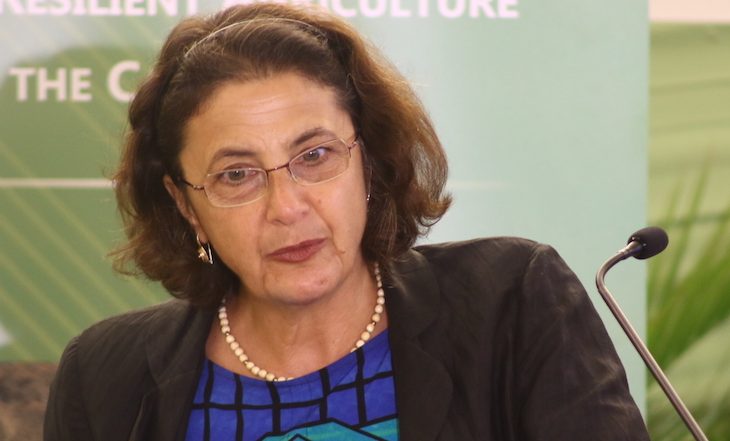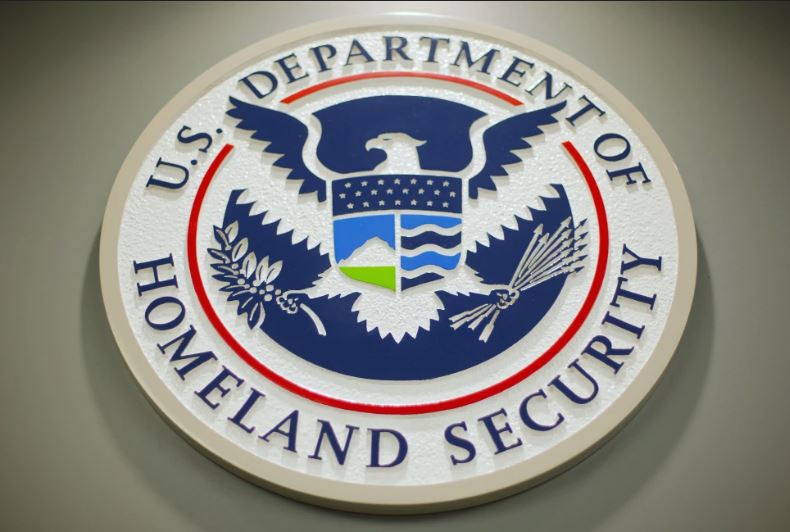An estimated 140 European Union nationals stranded in Barbados are set to return home via special charter flights, EU Ambassador Daniela Tramacere said.
She told journalists during a virtual press briefing that a chartered Condor flight left Barbados on Wednesday, while another flight was scheduled to leave Thursday to transport the remaining numbers to Frankfurt, Germany.
The EU visitors had been unable to return home due to the current COVID-19 pandemic, which saw the majority of commercial flights cancelled.
Along with tourists stranded in Barbados, Europeans in Anguilla, Antigua, Dominica, St Lucia, St Vincent and Grenada will also be returning home.
Regional carrier LIAT is being used for ‘feeder flights’ to transport citizens from the Eastern Caribbean islands to Barbados.
LIAT flights will leave Antigua and stop in Dominica; another will depart Anguilla and pass through St Lucia, while the final flight would leave Grenada and stop in St Vincent before landing in Barbados.
The three LIAT flights are only reserved for EU passengers who would be transferred from the arriving LIAT plane straight to the Condor flight once they land at the Grantley Adams International Airport, Ambassador Tramacere told reporters.
The combined flights can carry a maximum of 506 passengers.
EU citizens from Austria, Belgium, Bulgaria, Croatia, Czech Republic, Denmark, Estonia, Finland, France, Germany, Hungary, Italy, Latvia, Holland, Slovenia, Spain, Sweden, Switzerland, Norway, are among those stranded in the Caribbean.
She said the initiative had been triggered by the EU’s Civil Protection Mechanism, an initiative to constitute a framework for cooperation in disaster preparedness, prevention and response.
Ambassador Tramacere said: “This mechanism allows us to have flights being sent to other countries to rescue European citizens when commercial flights are not available anymore.
“This mechanism is triggered by any of our member states when they have a substantial number of citizens [in need] and it is 75 per cent paid by the EU. In this part of the world we have a huge number of tourists from Europe who are dispersed among the Eastern Caribbean islands.”
She pointed out that many of the visitors were from Germany.
She explained that EU citizens could not fly to the US as they were not allowed, while there were only few flights available to Canada.
Tramacere admitted that organizing the roundup of EU citizens had been a difficult exercise as there were no embassies for many of those countries in the Caribbean.
She thanked the region’s governments for their role in making the initiative possible.




